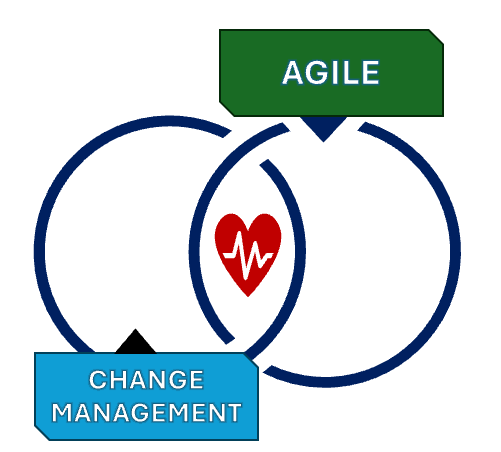Coaching AI Transformation
Be Ready for the Disruption: You Don't Have To Go It Alone

Introduction
We are on the cusp of yet another technological revolution, which inevitably has an impact on business communities. Artificial Intelligence (AI) is currently and more so in the future, a business disruptor, whether one chooses to see this as an extension of digital transformation, the advent of intelligent automation, or something entirely different.
So, yes! The AI Revolution is here! The release of ChatGPT made AI real to millions of people possibly blissfully unaware before. The inevitability of this has helped companies understand that they need an AI Transformation to stay competitive. At the same time, AI has created an uptick in people’s fear that they and their jobs will be replaced. Blame too many science fiction movies; people fear what they don't understand.
Like other organizational change initiatives, companies may expect resistance and ,or a high failure rate at a time when failure to quickly adapt will put many them out of business or seriously lagging behind. Coaching plays a crucial role in less bumpy and cooperative (aka successful) transformation; now more so than ever.
AI longevity and Impact
While Artificial Intelligence isn’t new, it has been a fairly abstract concept to most people until now. The term was coined back in 1955 by an Assistant Professor of Mathematics at Dartmouth College. At the time, the term AI was largely inspirational, but the ideas generated at that time led to the development of rule-based systems over fifty years ago.
Breakthroughs in neural networks and natural language processing, combined with massive amounts of data in the early 2000s, enabled a shift from rules-based processing to machine learning. The adoption of machine learning fueled cloud computing and lowered the barrier to entry for most companies. These advances, in tandem with the internet, made way for the need of organizations to develop Digital Literacy (the ability to use digital tools) and then Digital Fluency (the ability to create something new with digital tools.)
Coaching and AI Transformation
Some ways that coaching can have a profound impact on an organization’s view of AI may be relatively easy to implement and can have a positive impact on how a company’s people view an AI Transformation.
- Culture and Mindset: Coaching promotes curiosity and a willingness to experiment. Coaches can help people view AI as a tool rather than an adversary. When nurtured by an organization, this creates an environment where teams and individuals embrace change, adapt quickly, and continuously test, learn, and implement innovations.
- Enhanced Collaboration and Communication: Coaching encourages collaboration, knowledge-sharing, and cross-team communication. Paired with AI-powered communication tools and platforms, seamless collaboration and streamlined decision-making is possible
- Adaptive Strategy Development: Coaching helps people identify the data they need to effectively leverage real-time market insights and predictive analytics, allowing for rapid adaptation of strategies and encouraging leaders to integrate AI thinking into their strategic planning in a rapidly evolving market.
- Continuous Learning and Improvement: Coaching supports personal development and organizational learning. Coaches can facilitate the integration of AI-powered learning into the coaching process, promoting continuous learning and improvement at both individual and organizational levels.
Conclusion
The transformative power of coaching amplifies organizational agility and prepares people for the Age of AI. Through coaching, individuals and teams develop the mindset, skills, and behaviors necessary to embrace change, innovate, and thrive through an AI Transformation.
AI can enhance decision-making, problem-solving, by leveraging data-driven insights and automation. It will change every company on earth: some will make it through this age and some will not, By leveraging the power of coaching, organizations can create a culture of agility, leverage data for informed decision-making, enhance collaboration, and continuously adapt to the evolving business landscape. Embracing a synergy between coaching and AI will position organizations for success in the age of agility and technological advancement.
If you’d like to discuss the power of coaching and your company’s AI Transformation, please reach out.


